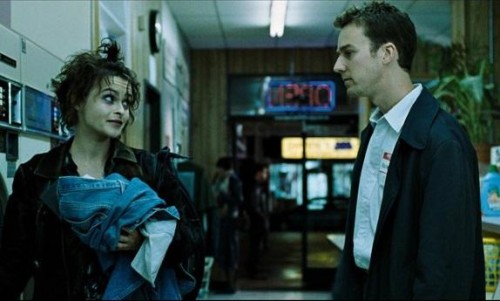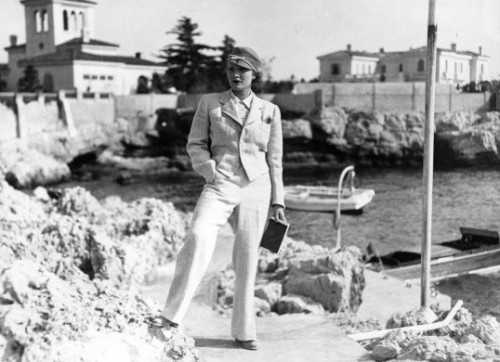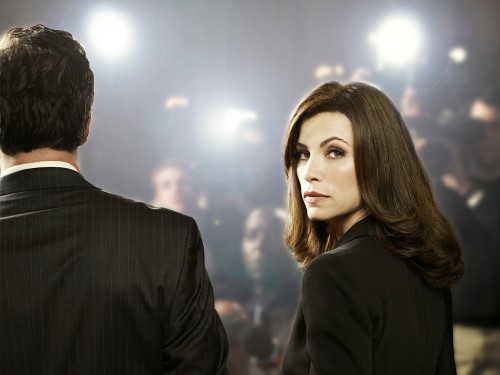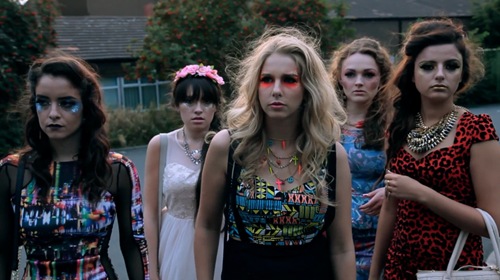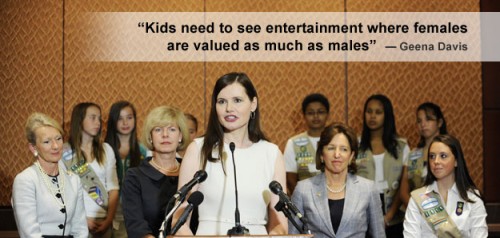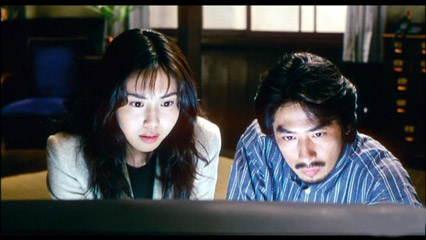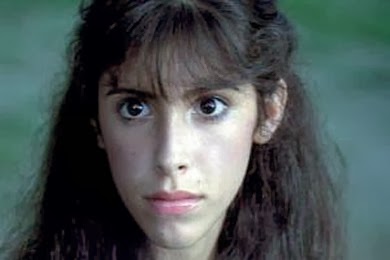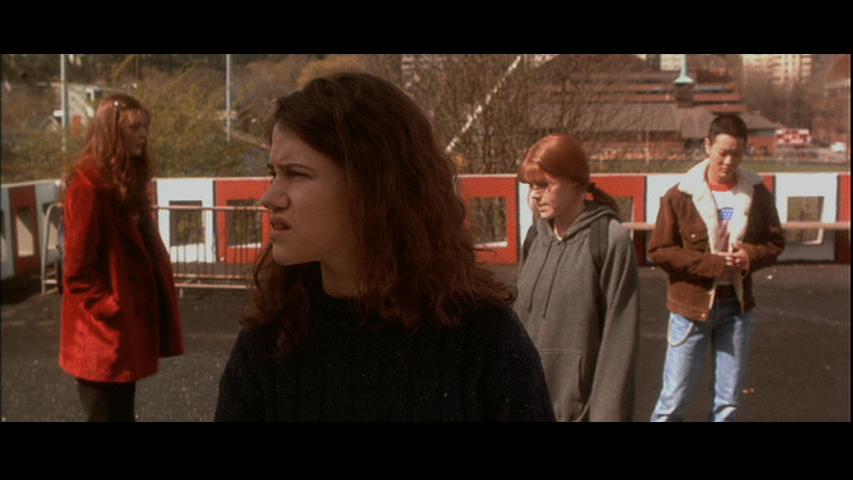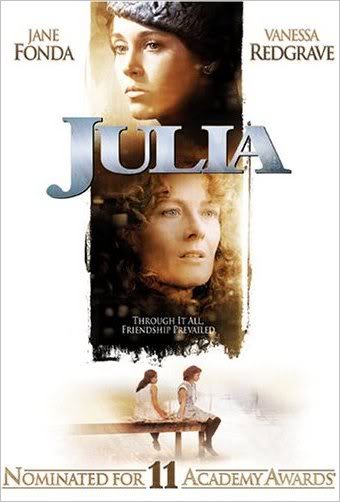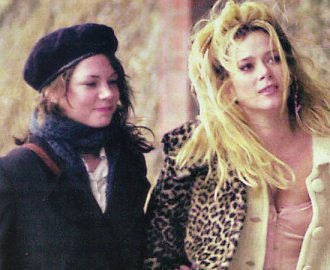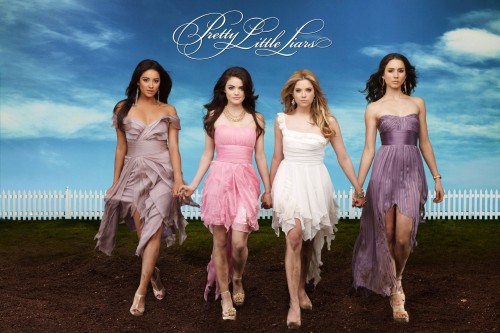‘Fight Club’ As a Classic Romantic Comedy and Closeting Drama
What happened to the romcom? Apparently, men started to enjoy them. Should we feel flattered by this male appreciation of a genre created in its modern form by women like Jane Austen? Or insulted that male appreciation of the romcom can only occur by refusing to appreciate it as romcom? “You show me your sensitive side, then you turn into a total asshole.” Is that a pretty accurate description of the attraction and sneering rejection of the male audience for romcom?
